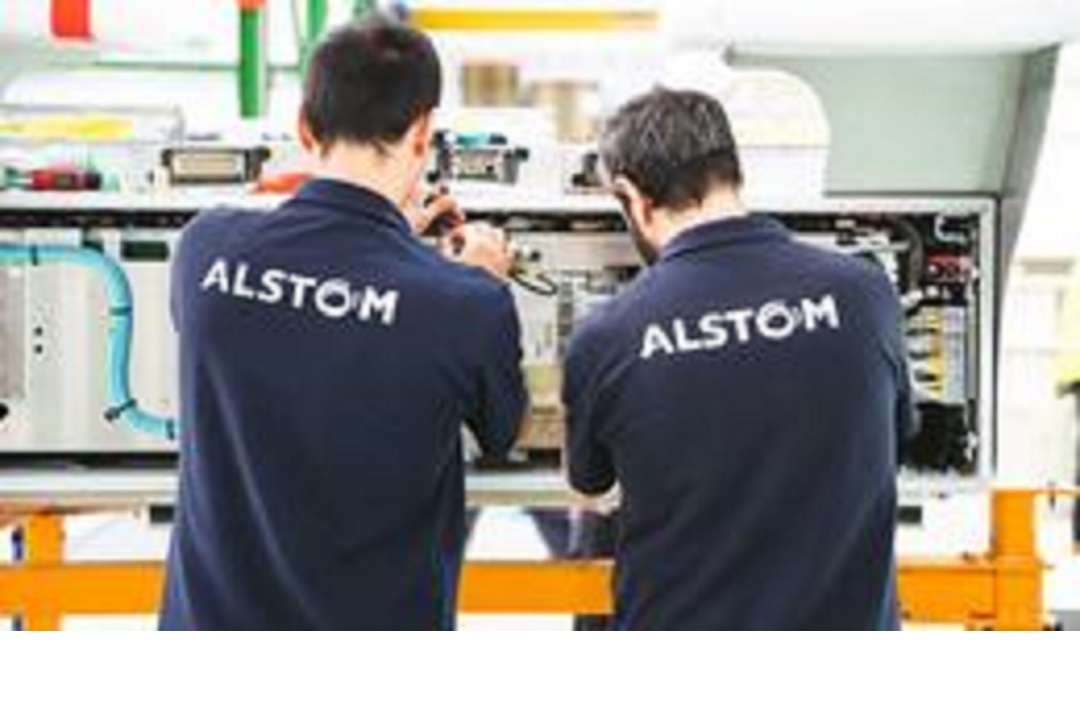Alstom Spain today announced its financial results for the 2024–25 fiscal year, ending on March 31, along with its economic, social, and environmental impact analysis completed in partnership with EY. Annual sales reached €809 million, with 54% driven by international contracts across markets such as Luxembourg, Mexico, Morocco, the Dominican Republic, Singapore, Egypt, and Canada.
Alstom also secured €622 million in new orders, spanning domestic and overseas projects. Notable contracts include supply of trains and the upgrade of the APM system at Madrid–Barajas Airport, along with the automation of Line 6 of the Madrid Metro. Combined with operations in Portugal, the group’s order backlog now totals €4.26 billion.
Over the past five years, Alstom has invested more than €70 million in expanding its industrial and technology base in Spain. The company operates four manufacturing plants—located in Barcelona, Bizkaia, and Madrid—and four research and development centers in Barcelona and Madrid, supporting innovation across all rail mobility sectors.
According to the EY impact report, Alstom Spain supported 7,316 jobs in 2025, of which 2,917 are direct, and 4,399 are indirect or induced. The company’s operations added €400 million to Spain’s GDP during the year.
With a history spanning 170 years in Spain, Alstom remains deeply woven into the country’s industrial fabric. In 2024–25, it sourced over €530 million worth of goods and services from nearly 1,000 Spanish suppliers, underscoring its commitment to local business development.
Alstom plays a key role in Spain’s green transport agenda: one in three operational trains is from its manufacturing line, and over half of the country’s trains use Alstom-developed signalling systems. Rail travel is recognised by the European Environment Agency as one of the cleanest and most efficient medium- and long-distance transport modes.
The company has committed to carbon neutrality by 2050, targeting emission reductions across its operations. In January 2025, Alstom Spain earned the “Exemplary” level ISO 26000 certification from AFNOR, reflecting its strong focus on sustainability, inclusive workplace culture, and corporate responsibility.








